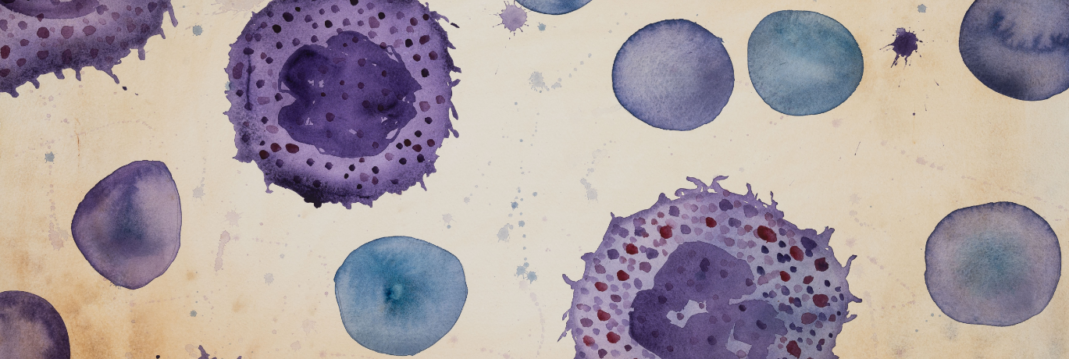Generation of HLA-Universal iPSC-Derived Megakaryocytes and Platelets for Survival Under Refractoriness Conditions
Börger A-K., Eicke D., Wolf C., Gras C., Aufderbeck S., Schulze K., Engels L., Eiz-Vesper B., Schambach A., Guzman C.A., Lachmann N., Moritz T., Martin U., Blasczyk R., Figueiredo C.
Molecular Medicine, 2016
Here, the authors have established a protocol for the generation of megakaryocytes (MK) and platelets (PLTs) from an HLA-universal and virtually unlimited cell source (iPSCs) under xeno-free and defined conditions to facilitate their future translation into clinical application. HLA-universal iPSC was generated and cultured on laminin-521. The expression of HLA class I was silenced (shRNA) by up to 82% and remained stable during iPSC cultivation. The generation of MK and PLTs from an HLA-universal iPSC were conducted on laminin-521. On d19, differentiation rates of MKs and PLTs with means of 58% and 76% were observed, respectively. HLA-universal iPSC-derived MKs showed polyploidy with DNA contents higher than 4n and formed proPLTs. Importantly, differentiated MKs remained silenced for HLA class I expression. HLA-universal MKs produced functional PLTs. Notably, iPSC-derived HLA-universal MKs were capable to escape antibody-mediated complement- and cellular-dependent cytotoxicity. Furthermore, HLA-universal MKs were able to produce PLTs after in vivo transfusion in a mouse model indicating that they might be used as an alternative to PLT transfusion.

Talk to our team for customized support
We are here to help you in your journey.